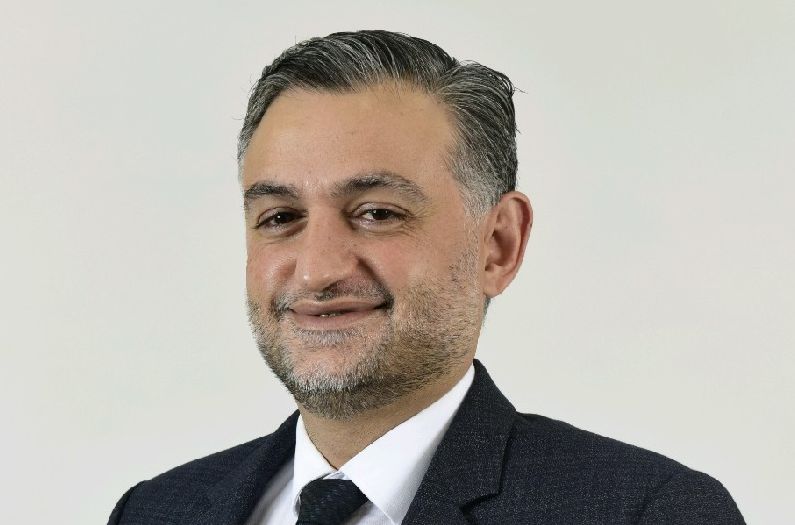By Ali Ahmad Saifi*
The excellence of halal-certified products benefits all communities, not just Muslims. In fact, people from distinct cultures have shown interest in purchasing products with halal certification, as these are synonymous with trustworthiness and quality. The reason for this interest is the competitive differential of these goods, which follow strict production standards.
As each step of the process matters, the end consumer has access to reliable, safe, and sustainable goods. This way, CDIAL Halal certifier bases its work on Islamic religious precepts, ethics, technical regulations, and the constant pursuit of excellence.
What does ethics mean in halal certification?
Do you know what is the most critical aspect for CDIAL Halal? In a market that values quality and safety, the answer is rigorousness. Diligence throughout the entire production and distribution chain is what guarantees items of excellence to consumers so conscious and responsible about their choices.
The care and trust of those who buy should be the starting point for certifiers. Thus, quality, integrity, and certification make halal products stand out in the market, contributing to a more conscious and environmentally friendly society. In other words, it is precisely the excellence of CDIAL Halal in the certification of procedures and products according to premises that benefits consumers worldwide.
Furthermore, the benefits of halal-certified products are not limited to Muslims, as the technical aspect is strongly present, ensuring ethical and scientific standards for all its consumers.
On a daily basis, it is a conscious way of consuming products whose origin and production process are verified and rigorous. That also highlights how much halal certification is synonymous with reliability.
The connection between sanitation concerns and health
The conservation of the natural characteristics of the products is another critical point of the halal certification because, in addition to being possible to produce and transport environmentally friendly goods, they can be economically viable and health safe.
For this reason, monitoring by Muslim authorities delivers religiously legal and technically safe products. Examples are banning hallucinogens, excessive use of pesticides, and indiscriminately injecting hormones.
These premises make halal-certified products suitable for all societies, as they value human, animal, and plant health and care. Halal certification considers each step of production to avoid cross-contamination throughout the process. Therefore, consumers can rest assured of a more rigorous procedure from grains to pharmaceuticals.
Likewise, the rigor of those who carry out tasks such as slaughter is also essential for the halal market to be highly differentiated. In practice, every detail impacts the quality of what is sold to this vast and promising market, which is expected to grow by 18% by 2024, according to the Global Islamic Economy.
CDIAL Halal: Quality and certification in different segments
There are several fields of activity for CDIAL Halal. With the premises of quality and certification side by side, the company is a reference when it comes to halal products. In addition to food and slaughter procedures, the company certifies differentiation in cosmetics, logistics, textiles, agriculture, livestock, animal nutrition, and many other categories.
The importance of halal certification is increasingly recognized around the world. For Muslim and non-Muslim communities, the halal seal is seen as a safety guarantee. Attention throughout all production stages and monitoring of items ensure the well-being and confidence of consumers.
Therefore, quality and halal certification are two pillars contributing to a better life and more conscious consumption. Is your brand ready to reach this booming market?
*Ali Ahmad Saifi is CEO of Cdial Halal
Translated by Elúsio Brasileiro




